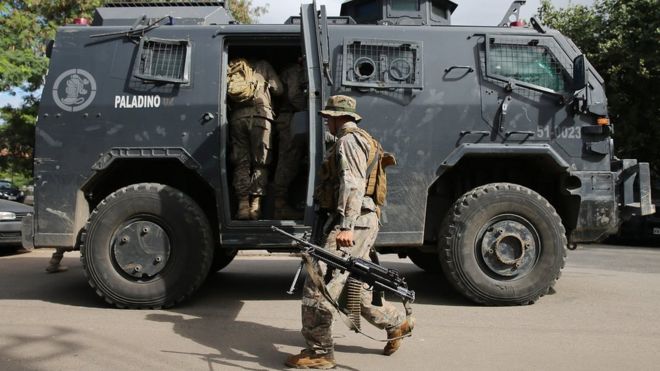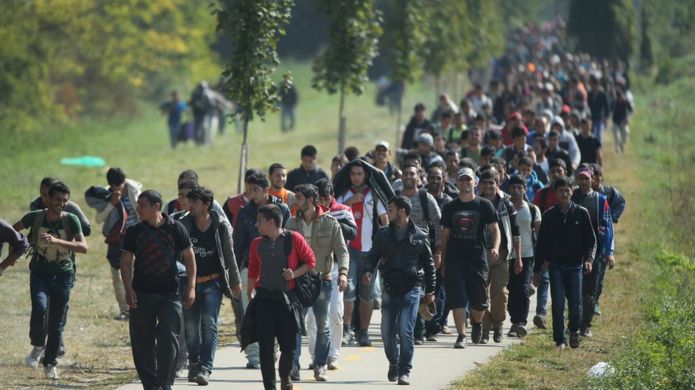AUGUST 6, 2017
BEIRUT, Lebanon — For six years, an independent United Nations-appointed panel has documented a litany of war atrocities in Syria that have grown increasingly brazen: torture of prisoners, attacks on hospitals, sexual slavery.
On Sunday, the panel confirmed that one of its three members — Carla del Ponte, a Swiss prosecutor — had resigned.
Speaking by phone from Ticino, Switzerland, late Sunday, Ms. del Ponte said she had hoped the Security Council would either refer the case in Syria to the International Criminal Court or set up a special tribunal. “I was expecting to persuade the Security Council to do something for justice,” she said. “Nothing happened for seven years. Now I resigned.”
Ms. del Ponte said she hoped her resignation would nudge the world body to act. “We are going nowhere,” she said.
The Independent International Commission of Inquiry on the Syrian Arab Republic, as the panel is officially known, has produced a stack of reports that chronicle evidence of war crimes and crimes against humanity. It also has compiled names of perpetrators of the most serious crimes, which the panel once threatened to reveal. Its reports are an object lesson in how blatantly the laws of war have been broken, with no near-term prospects of accountability. The panel, at one point, called the Syria conflict “a proxy war steered from abroad.”
Only the Security Council has the authority to refer the conflict to the International Criminal Court. That is unlikely, as Russia, a permanent veto-wielding member of the Security Council, backs the government of President Bashar al-Assad and has directly intervened in the war. So too has the United States, in what it says is an attempt to rout the Islamic State from its strongholds along the Euphrates River.
The General Assembly, responding to the sense of inaction, established late last year a highly unusual office within the United Nations system to compile evidence of war crimes for prosecution in the future.
The commission was appointed by the United Nations Human Rights Council, a Geneva-based body made up of 45 countries that Nikki R. Haley, the Trump administration’s envoy to the United Nations, has repeatedly criticized.
In June, the commission said that hundreds of civilians had been killed by United States-led airstrikes in and around Raqqa, the Islamic State’s de facto capital in Syria. In 2016, it chronicled how government forces had detained and torturedpeople in Syrian prisons. That same year, the commission found that the Islamic State had sold and enslaved minority Yazidi women.
Ms. del Ponte is no stranger to the frustrations of seeking justice for the gravest crimes. She served as a prosecutor in the war crimes court for the former Yugoslavia as well as the special tribunal for Rwanda. She wrote bitterly about how political imperatives obstruct the greater demands for justice.







